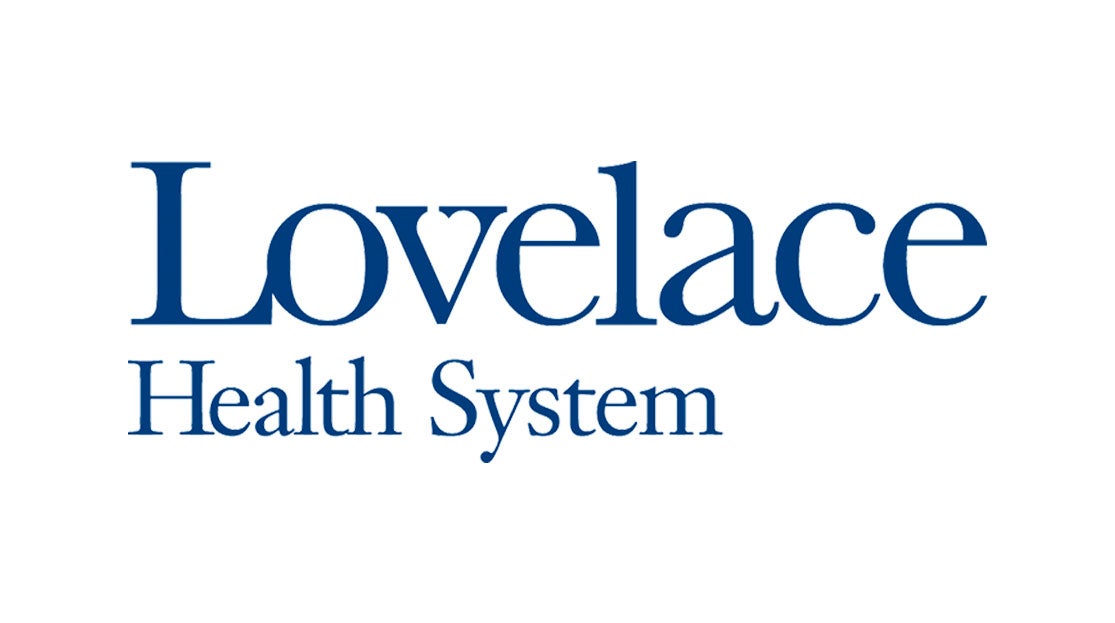
We have control over how quickly or slowly we age, according to new research. The study, published in The Lancet: Oncology, found a healthy lifestyle can lengthen our telomeres - the caps on the end of our chromosomes which control the aging process at the cellular level. Longer telomeres protect our chromosomes from aging too quickly. This study changes the belief that our genes hold our destiny.
Researchers closely followed 35 men with early-stage prostate cancer over a five-year period. At the beginning of the observation phase, 10 men changed their lifestyle, adopting a plant-based diet, regular, moderate exercise, and reduced stress through meditation and yoga. Every week these 10 men met for support group meetings. The other 25 men made no changes to their lifestyle.
 After five years, researchers examined blood samples from the men and compared the samples to those taken at the beginning of the observation period. The telomere length of the 10 men who made lifestyle changes increased 10 percent over five years, while the telomere length of the remaining 25 men decreased over the same time period by 3 percent.
After five years, researchers examined blood samples from the men and compared the samples to those taken at the beginning of the observation period. The telomere length of the 10 men who made lifestyle changes increased 10 percent over five years, while the telomere length of the remaining 25 men decreased over the same time period by 3 percent.Telomerase, a protective enzyme, can lengthen telomeres. When it is not present, cells age and die. In previous studies, researchers have learned that activating this enzyme can cause cells grow and divide, thus reversing the natural aging process. With this connection observed, researchers are hopeful people will become more proactive in their health - living healthier lifestyles, reducing illness and living longer lives.
Ready to make some healthy changes? The American Heart Association offers these tips to help you get started.




